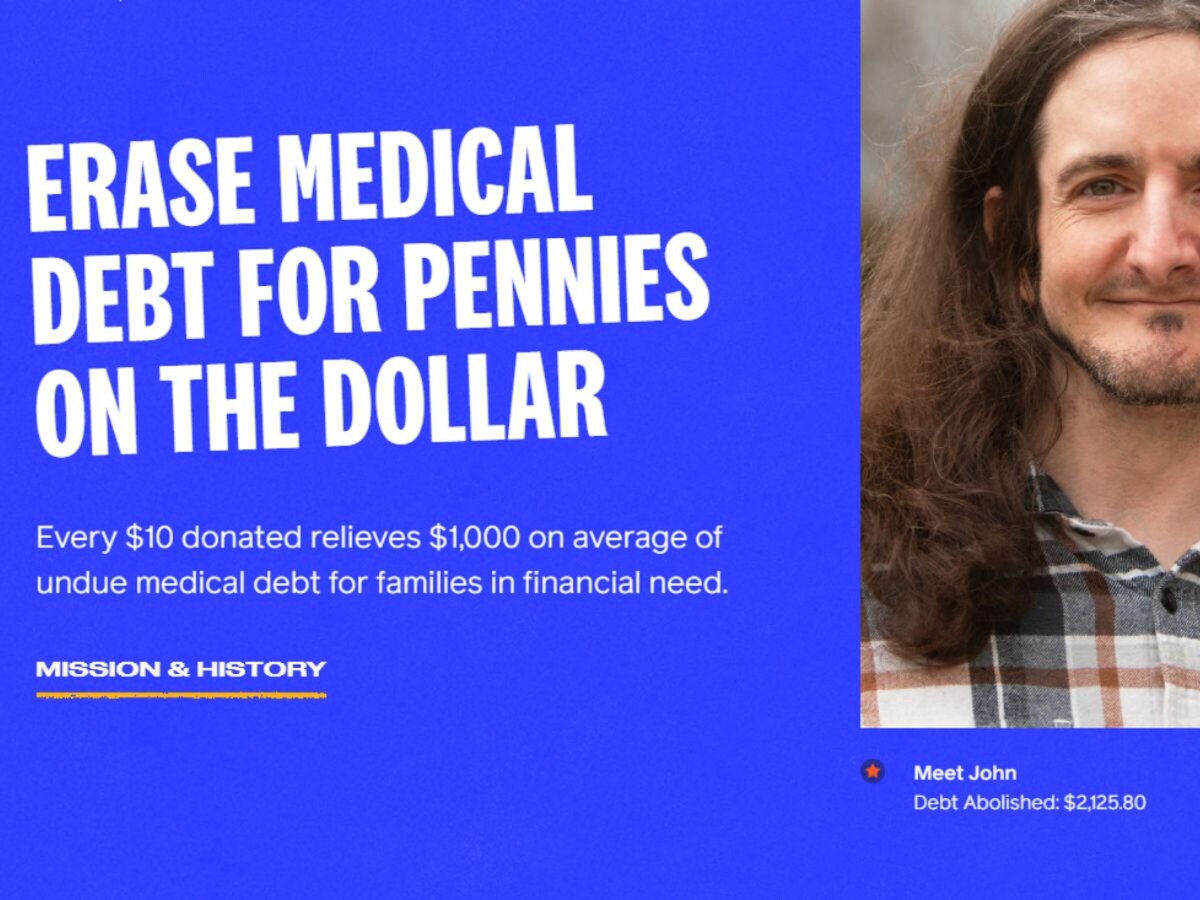Governor Murphy Eliminates an Additional $26 Million in Medical Debt for 20,000 New Jersey Residents
State-led partnership now totals $246 million in abolished medical debt for 147,000 New Jerseyans.
NEW JERSEY – In the latest move to alleviate financial burdens on households across the state, Governor Phil Murphy announced a third round of medical debt abolishment that will erase $26 million in unpaid bills for over 20,000 New Jerseyans. Utilizing approximately $270,000 from the federal American Rescue Plan, the nonprofit Undue Medical Debt (“Undue”) purchased bundled portfolios of past-due medical debt on the secondary market for pennies on the dollar—then promptly forgave the debts. Letters confirming the debt abolishment have been mailed to those qualifying residents and will arrive within the next week.
“Medical debt accumulates fast and can be just as debilitating as any diagnosis or injury. It is unacceptable that the threat of taking on debt could be what discourages people from seeking necessary, life-saving care. That is why in New Jersey, we are working to make health care more affordable and accessible, so our residents can put their health and well-being first,” said Governor Murphy. “Our partnership with Undue Medical Debt, which has already seen over $246 million in debt owed by New Jerseyans retired, complements our Administration’s cross-agency efforts to put health care in reach for all New Jersey families. Today’s announcement underscores this continued commitment to create a better, more affordable, and accessible health care system in our state."
This partnership has already erased $246 million in medical debt for 147,000 New Jersey residents since its inception. By focusing relief on individuals least capable of paying, New Jersey leads a growing trend nationwide to reduce the weight of medical bills. Under state criteria, residents are eligible for medical debt cancellation if they earn at or below 400% of the federal poverty line or if their past-due medical bills total 5% or more of their annual income.
New Jersey’s efforts to curtail medical debt fit into broader policies to make health care more affordable and accessible. The state is one of only five nationwide that:
- Prohibits medical debt reporting to credit agencies.
- Has dedicated funds specifically to erasing past-due medical bills.
Additional reforms implemented under the Governor’s administration—such as caps on out-of-pocket costs for insulin and asthma inhalers, greater transparency in the pharmaceutical supply chain, and oversight of benefits management companies—further support New Jersey families grappling with high medical costs.
How Medical Debt Relief Works
Undue acquires large, bundled portfolios of overdue bills from hospitals, collection agencies, and other sources. Rather than attempting to collect the debts, Undue promptly abolishes them. Eligible residents do not need to apply for relief, as Undue handles the selection and purchase process behind the scenes.
“This wave of medical debt relief builds on positive momentum in the state of New Jersey to unburden residents from millions of dollars in unpayable medical debt,” shares Undue Medical Debt CEO and president Allison Sesso. “Debt sourced from the secondary market is often from physicians’ groups and collection agencies, meaning this relief will be complimentary to the medical debts recently erased in partnership with the Atlantic Health hospital system. We look forward to the continued success of this program and helping families make ends meet and access necessary healthcare."
Letters confirming debt forgiveness arrive branded with Undue’s logo. Anyone interested in learning more about the program can visit Undue’s website for additional details.
Through these ongoing efforts, the Murphy Administration continues to underscore its commitment to easing the financial strain on residents, removing barriers to medical care, and supporting the economic well-being of all New Jerseyans.















